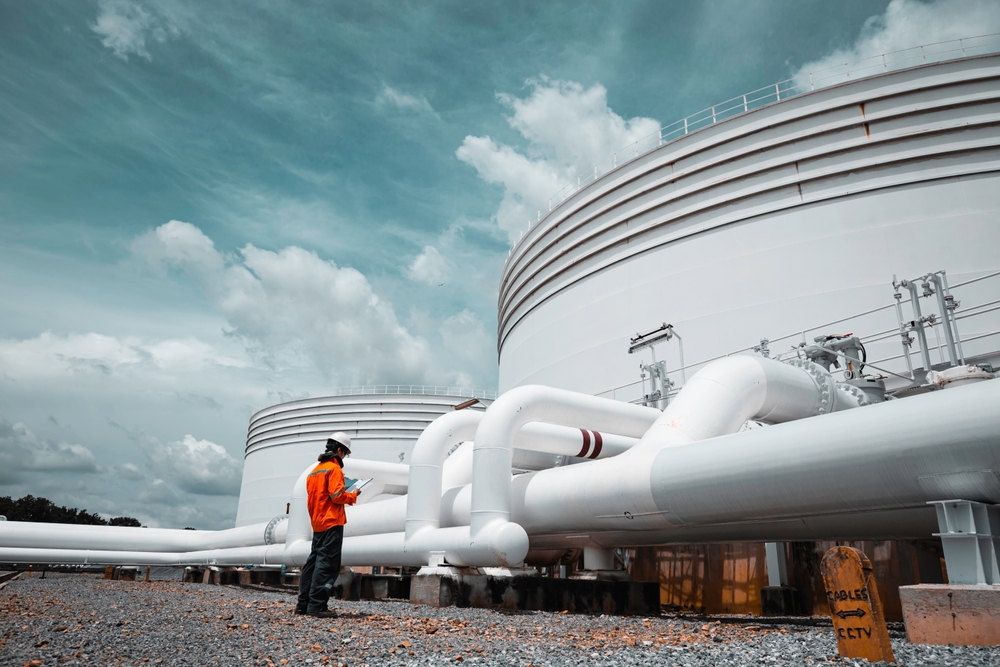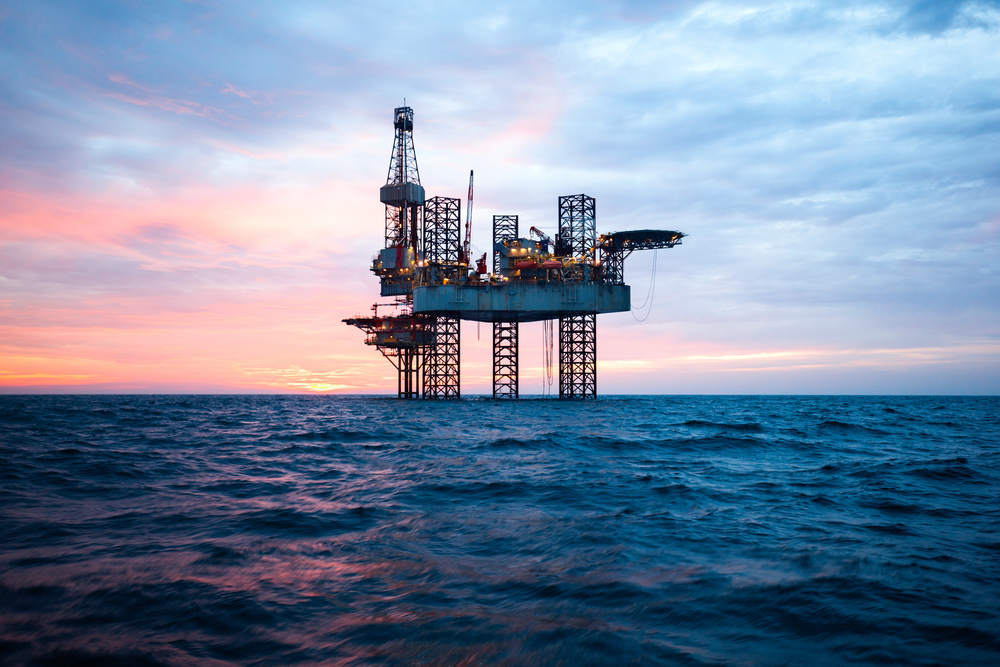

This course addresses the problem of corrosion management in oil and gas exploration and production activities with special focus on prevention, detection and control measures. Strategies for infrastructure protection, measures for cutting down maintenance costs, and facilitating safe and effective operations in corrosive environments are other goals of the participants.
| City | Start Date | End Date | Fees | Register | Enquire | Download |
|---|---|---|---|---|---|---|
| Zurich | 23-06-2025 | 27-06-2025 | 5600 $ | Register | Enquire | |
| Dubai | 30-06-2025 | 04-07-2025 | 4300 $ | Register | Enquire | |
| Cape Town | 07-07-2025 | 11-07-2025 | 5600 $ | Register | Enquire | |
| Kuala Lumpur | 14-07-2025 | 18-07-2025 | 4950 $ | Register | Enquire | |
| London | 21-07-2025 | 25-07-2025 | 6200 $ | Register | Enquire | |
| Madrid | 28-07-2025 | 01-08-2025 | 6200 $ | Register | Enquire | |
| Cairo | 04-08-2025 | 08-08-2025 | 3950 $ | Register | Enquire | |
| Kuala Lumpur | 11-08-2025 | 15-08-2025 | 4950 $ | Register | Enquire | |
| Istanbul | 18-08-2025 | 22-08-2025 | 4950 $ | Register | Enquire | |
| Jakarta | 25-08-2025 | 29-08-2025 | 4950 $ | Register | Enquire | |
| Zurich | 01-09-2025 | 05-09-2025 | 5600 $ | Register | Enquire | |
| Kuala Lumpur | 08-09-2025 | 12-09-2025 | 4950 $ | Register | Enquire | |
| London | 15-09-2025 | 19-09-2025 | 6200 $ | Register | Enquire | |
| Amman | 29-09-2025 | 03-10-2025 | 3950 $ | Register | Enquire | |
| Amsterdam | 06-10-2025 | 10-10-2025 | 6200 $ | Register | Enquire | |
| Dubai | 13-10-2025 | 17-10-2025 | 4300 $ | Register | Enquire | |
| Milan | 20-10-2025 | 24-10-2025 | 6200 $ | Register | Enquire | |
| Istanbul | 27-10-2025 | 31-10-2025 | 4950 $ | Register | Enquire | |
| London | 03-11-2025 | 07-11-2025 | 6200 $ | Register | Enquire | |
| Cairo | 17-11-2025 | 21-11-2025 | 3950 $ | Register | Enquire | |
| Kuala Lumpur | 24-11-2025 | 28-11-2025 | 4950 $ | Register | Enquire | |
| Vienna | 01-12-2025 | 05-12-2025 | 6200 $ | Register | Enquire | |
| Madrid | 08-12-2025 | 12-12-2025 | 6200 $ | Register | Enquire | |
| Amsterdam | 22-12-2025 | 26-12-2025 | 6200 $ | Register | Enquire | |
| Bali | 29-12-2025 | 02-01-2026 | 4950 $ | Register | Enquire |
Corrosion remains a primary cause of significant losses in the oil and gas exploration industry, impacting both environmental and economic aspects. With billions allocated annually for corrosion management, it is crucial for stakeholders to adopt effective and practical strategies. Ensuring that facilities are protected against corrosion is essential for smooth operations and involves a systematic approach to predicting corrosion rates, estimating asset lifespan, and implementing preventive measures. Engineering consulting services play a vital role in developing comprehensive corrosion management plans, addressing regulatory challenges, and utilizing materials, chemistry, and coatings effectively.
By the end of this corrosion control course in the oil and gas exploration industry, participants will:
Unit 1: Oil and Gas Production Fluid
Unit 2: Metallurgy
Unit 3: Corrosion Damage
Unit 4: Oilfield-Specific Corrosion
Unit 5: Corrosion Prevention and Control Measures
Unit 6: Cathodic Protection (CPS) Systems
Unit 7: Barrier Film (Coatings and Lining)
Unit 8: Chemical Treatment
Unit 9: Biocide Treatment
Unit 10: Non-Metallic Materials
Unit 11: Corrosion Management Strategy (CMS)




.jpg)














